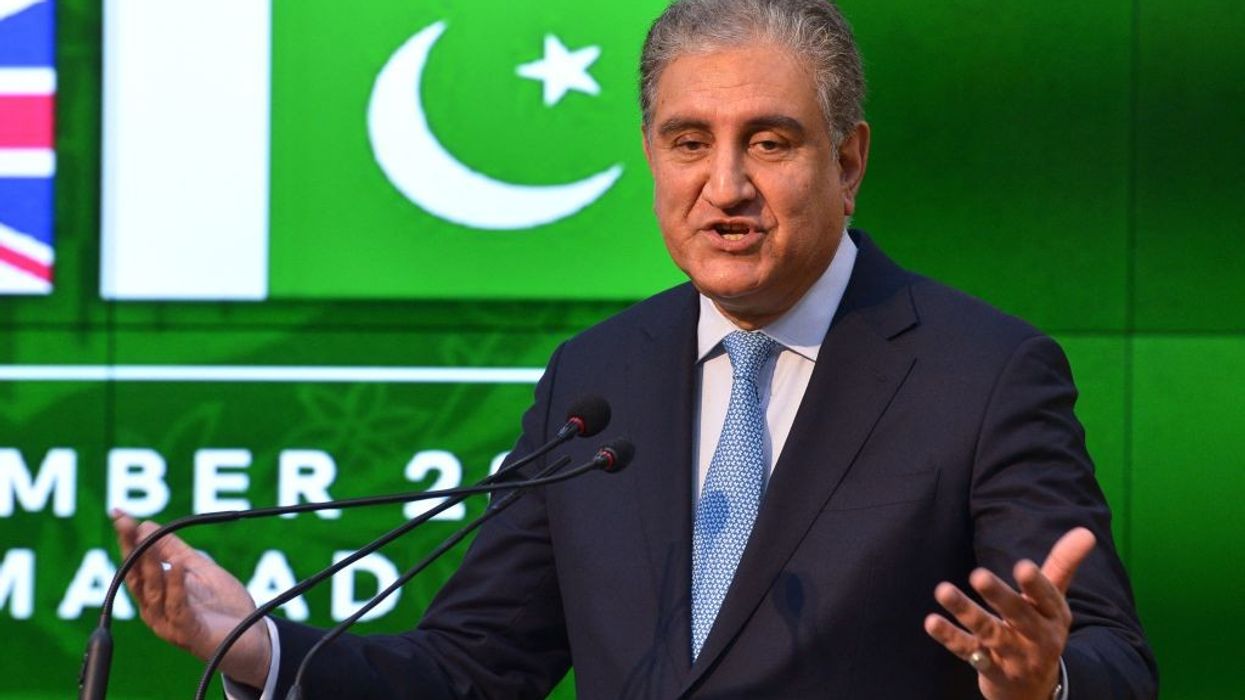PAKISTAN’S government would be "open to giving" a pardon to members of the banned Tehreek-i-Taliban Pakistan (TTP) if they promise not to indulge in terrorist activities and submit to the country's constitution, foreign minister Shah Mahmood Qureshi has said.
Qureshi made the remarks during an interview with Britain's online newspaper The Independent and the video of the interview was posted on social media by the state-run Associated Press of Pakistan on Wednesday (15), Dawn reported.
Voicing his concern about the reports of TTP figures being released from prisons in the wake of the Taliban takeover of Afghanistan, Qureshi said, "If those guys come and start creating problems for us over here, it will affect innocent lives and we don't want that."
Pakistan is fighting a major domestic insurgency in the form of local Taliban offshoot the Tehrik-i-Taliban Pakistan, or the TTP, as well as al-Qaeda and Daesh.
Qureshi said if the new Afghan setup could use its influence and talk to the TTP, and "if (the TTP) are willing to mend fences and not take the law into their hands and not get involved in terrorist activities and if they submit and surrender to the writ of the government and the constitution of Pakistan, we are even open to giving them a pardon."
Qureshi termed as "positive" the Afghan Taliban administration's announcement that they would not allow any terrorist groups to use their soil against any country, including Pakistan.
He said Pakistan had been "continuously" pointing out TTP sanctuaries to the previous Ashraf Ghani-led government, "but they wouldn't move". It remains to be seen whether the Afghan Taliban would act on their assurances, Qureshi added.
His comments come days after president Arif Alvi suggested during an interview with Dawn News that the government could consider giving an amnesty to those TTP members who had not remained involved in "criminal activities" and who laid down their weapons and agreed to adhere to the Pakistani constitution.
For years, the TTP unleashed deadly attacks on urban centres across Pakistan from their bases along the Afghan border, where they provided shelter to an array of global jihadist groups including Al Qaeda.
But a massive military offensive launched in 2014 largely destroyed the group's command and control structure, dramatically reducing insurgent violence throughout Pakistan.
Sporadic attacks targeting security forces, however, continue. Earlier this month, the TTP claimed responsibility for a suicide attack near a Frontier Corps (FC) check post in Quetta in which four paramilitary personnel were killed and 21 others injured.
Asked by host Bel Trew where Pakistan stood on evacuating at-risk Afghan nationals, Qureshi said Pakistan was open to the same but that such people should talk to the new administration first.
He said Pakistan had been hosting close to four million refugees for the past several decades "without international help" but it had "limitations".
On the question of recognising the Taliban government, the foreign minister noted that the Taliban had called it an interim arrangement. He said Pakistan desired that the eventual permanent government in Afghanistan was broad-based "because we feel it will give them more stability".
"But we haven't taken a decision" regarding accepting the interim government, Qureshi added. "We are watching and consulting and will decide in due course what to do."




